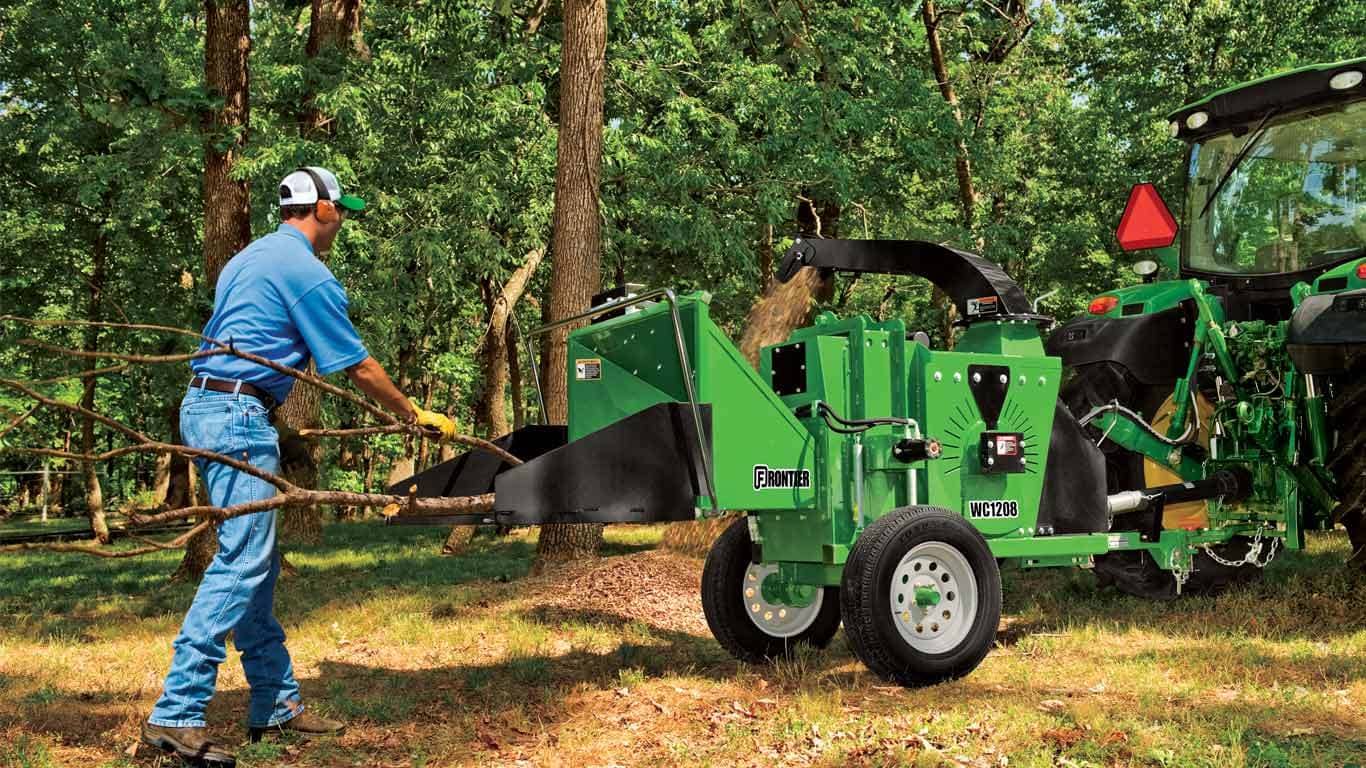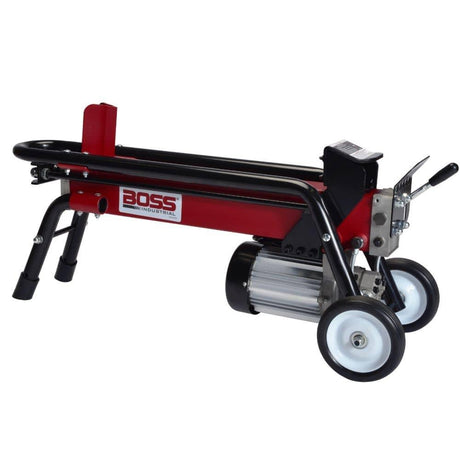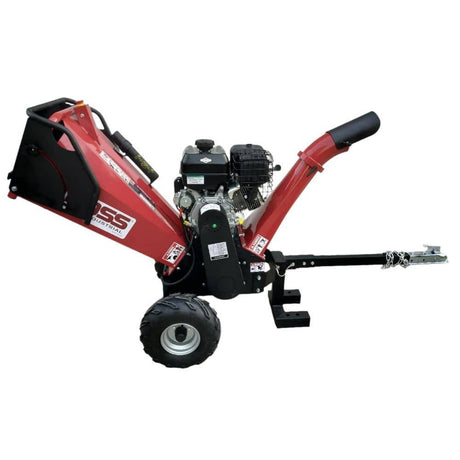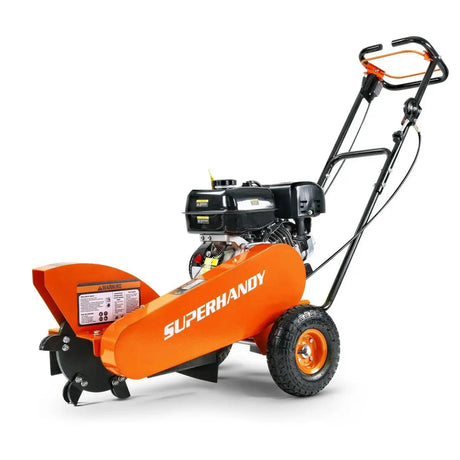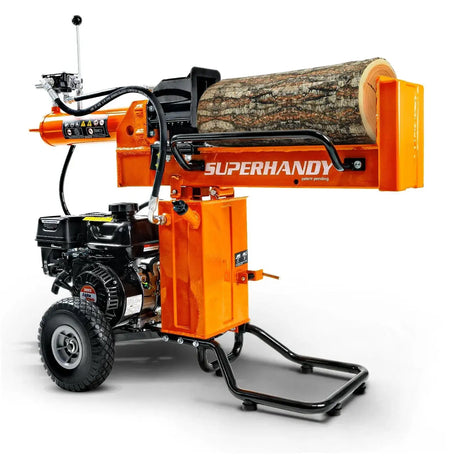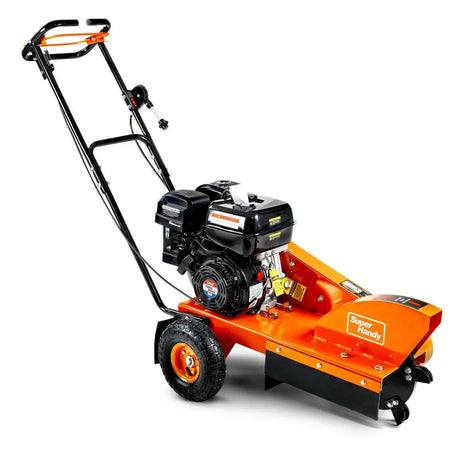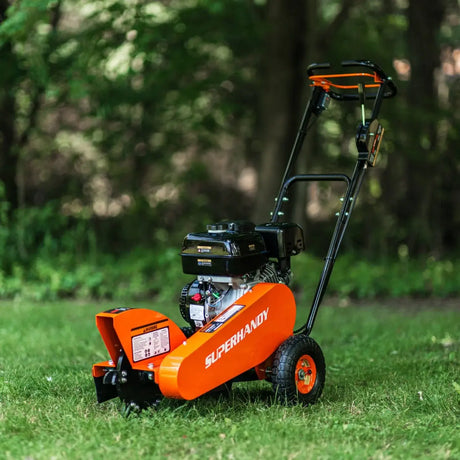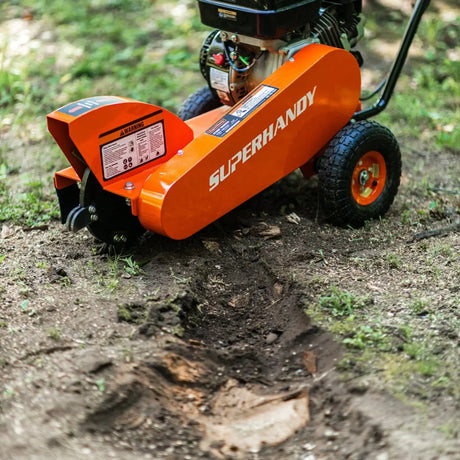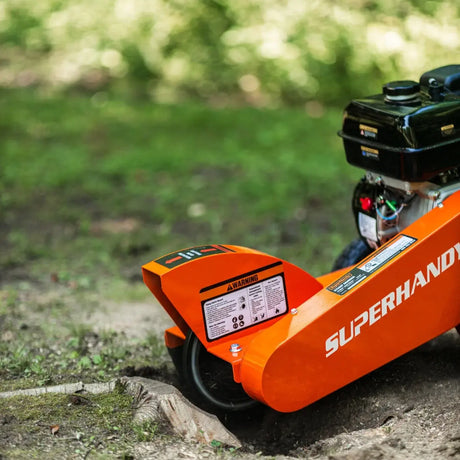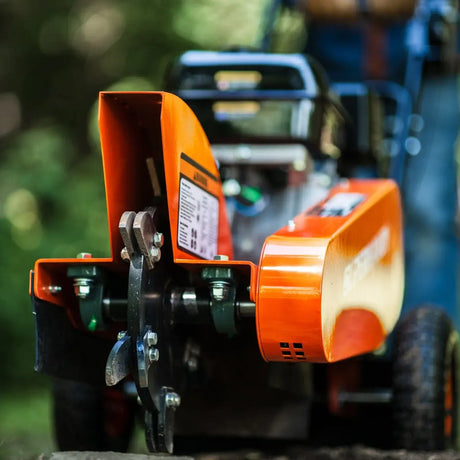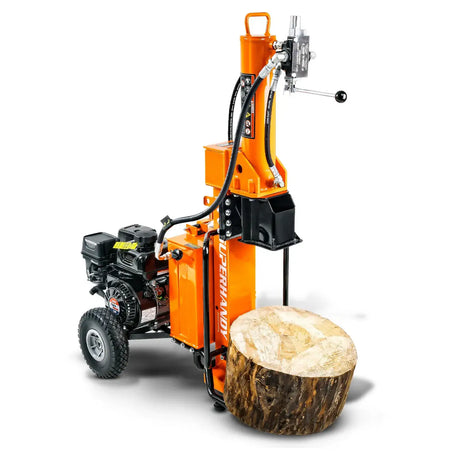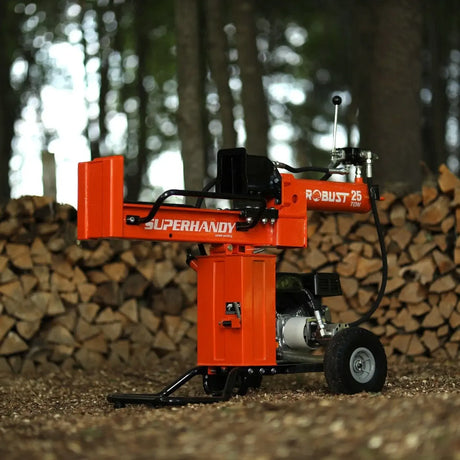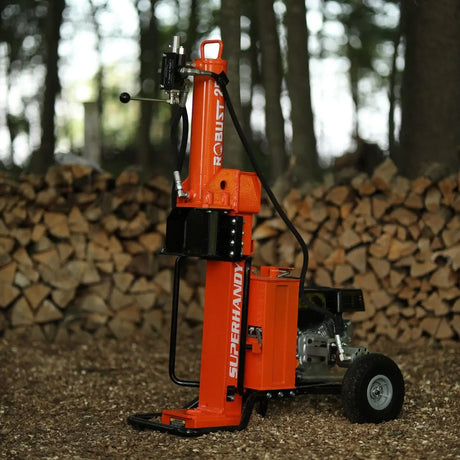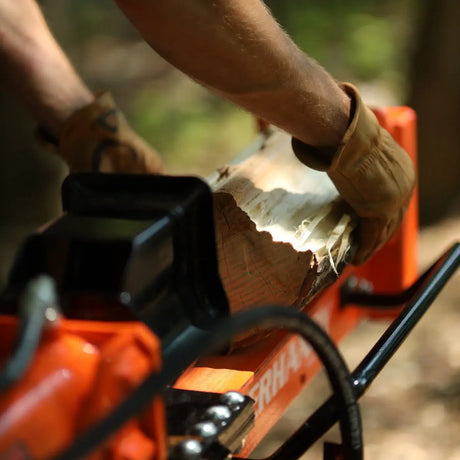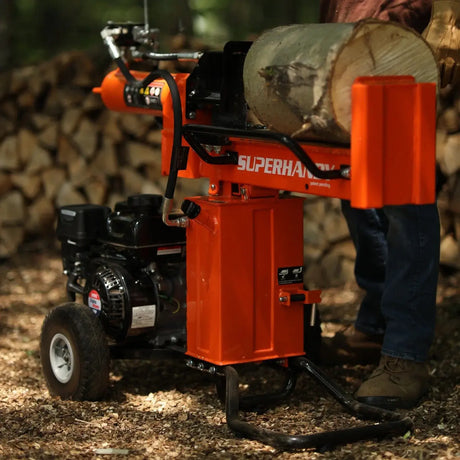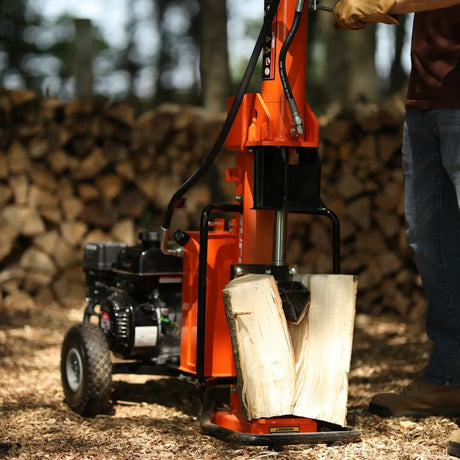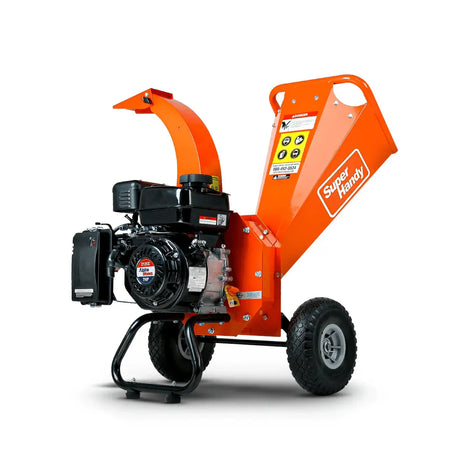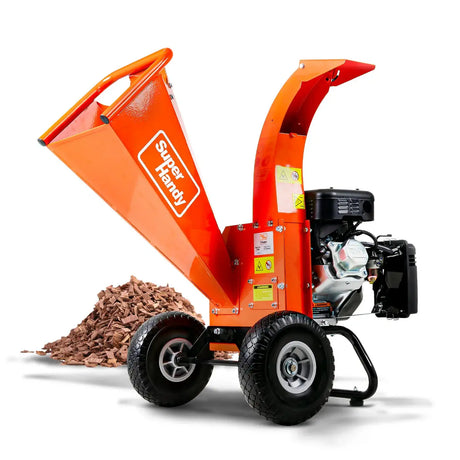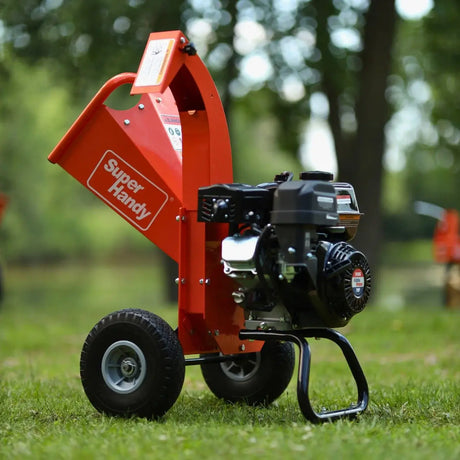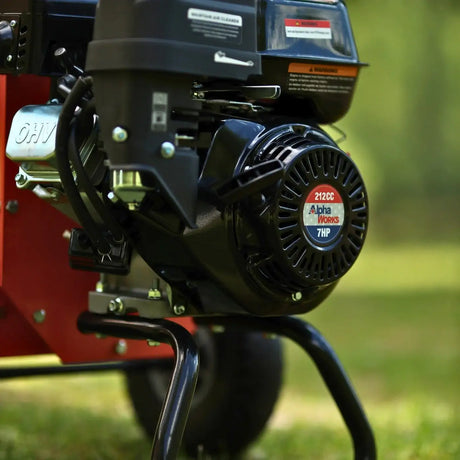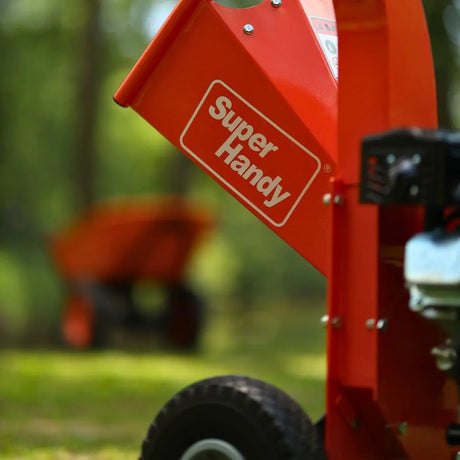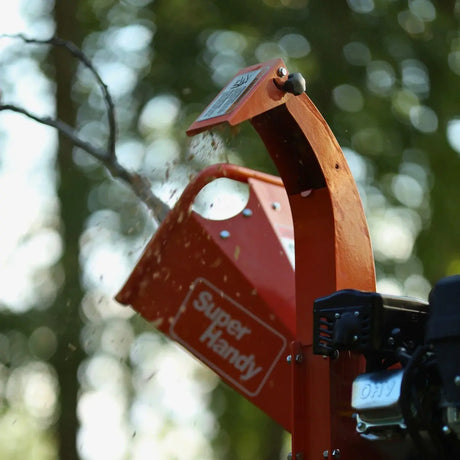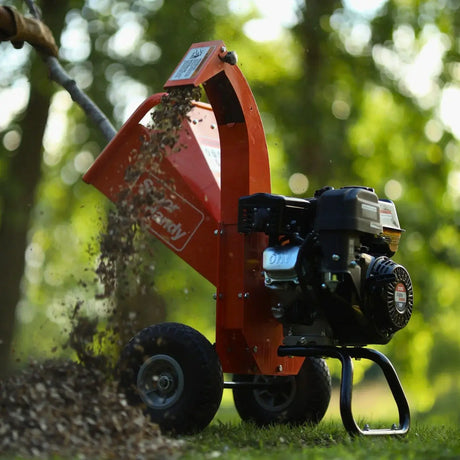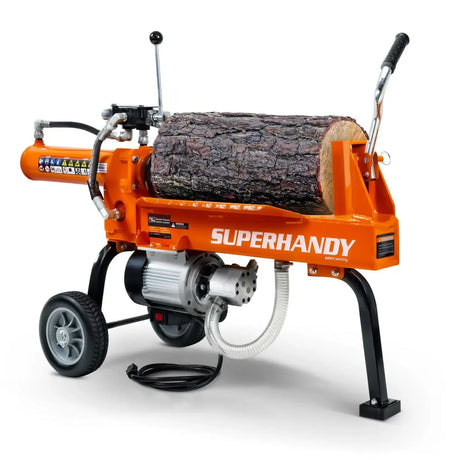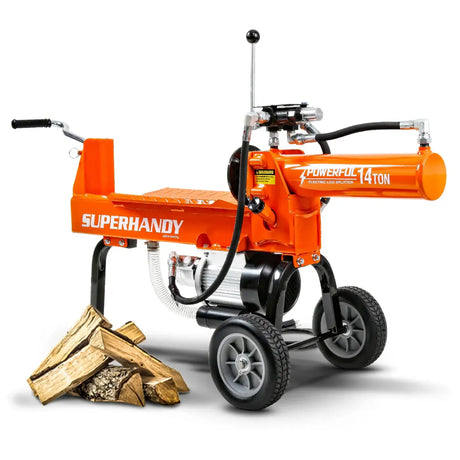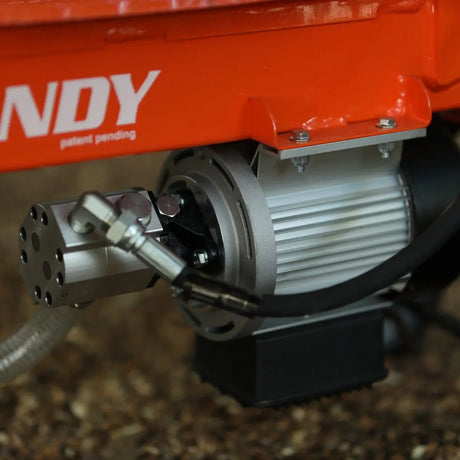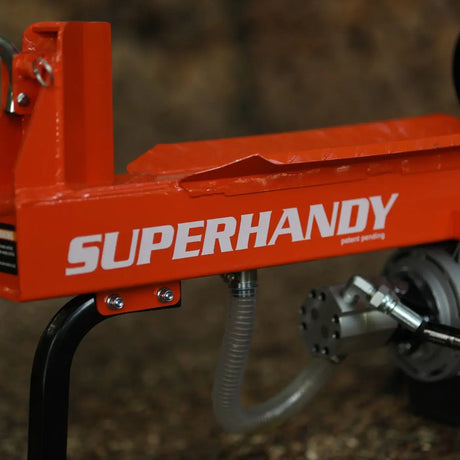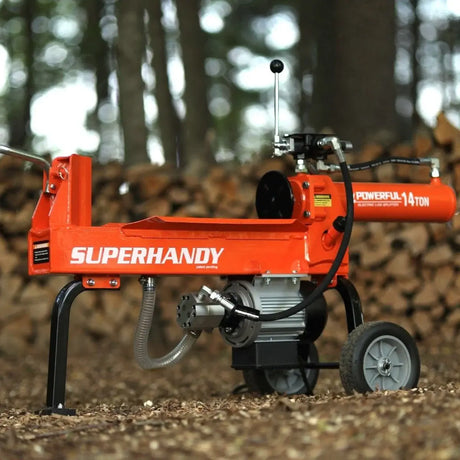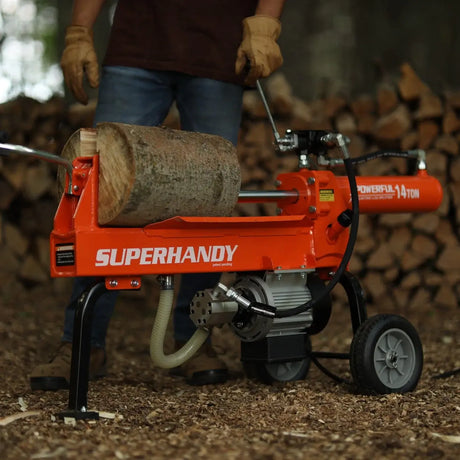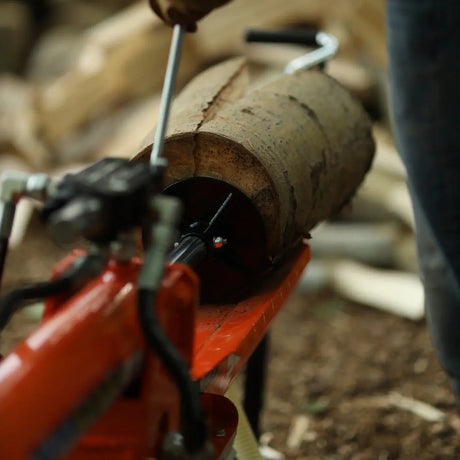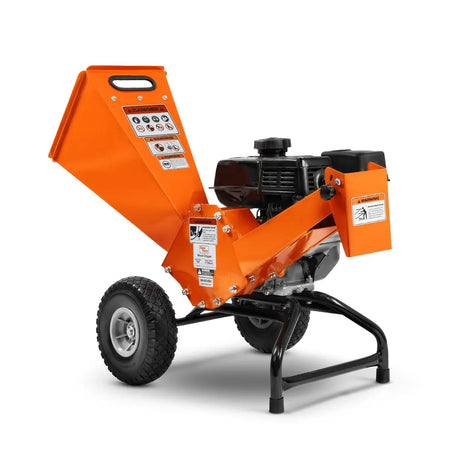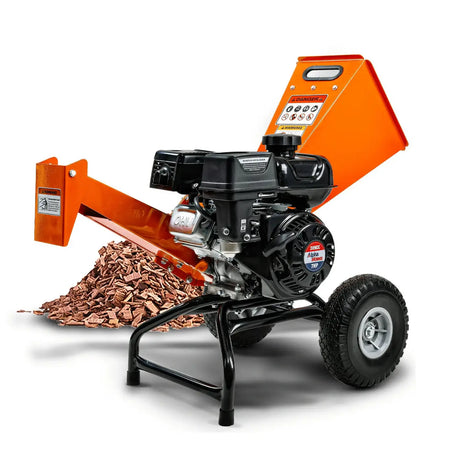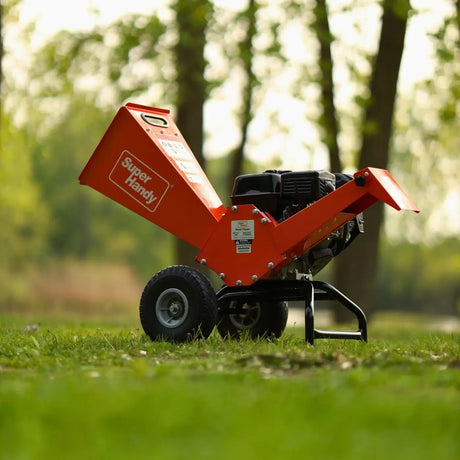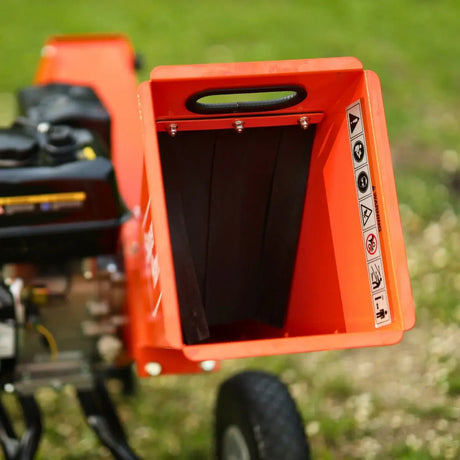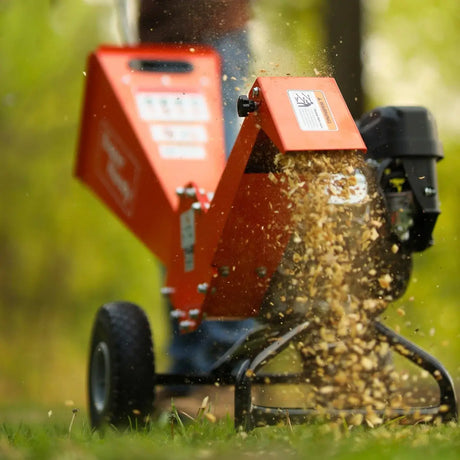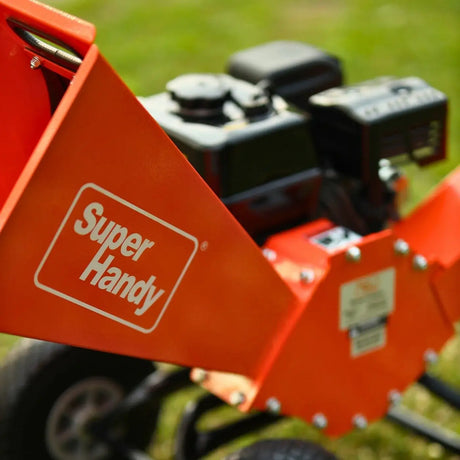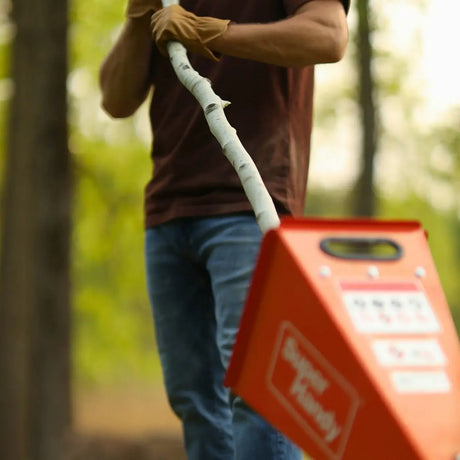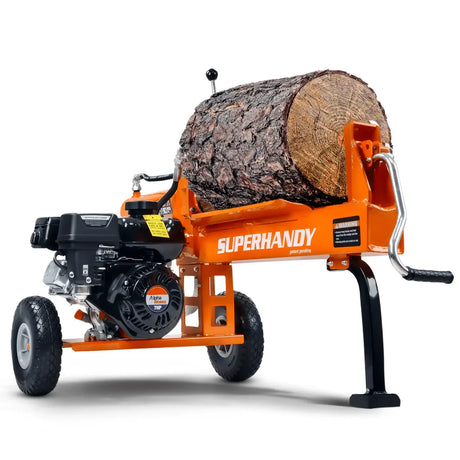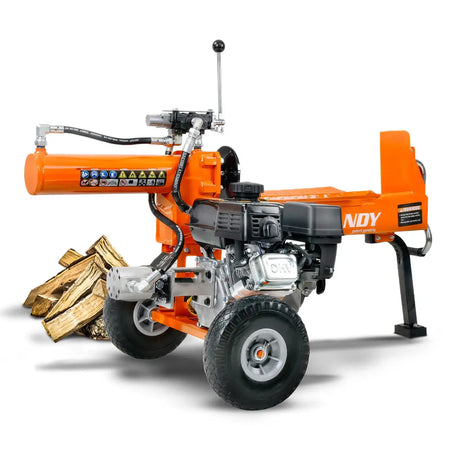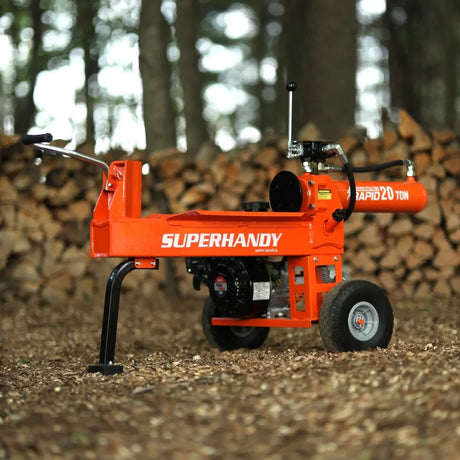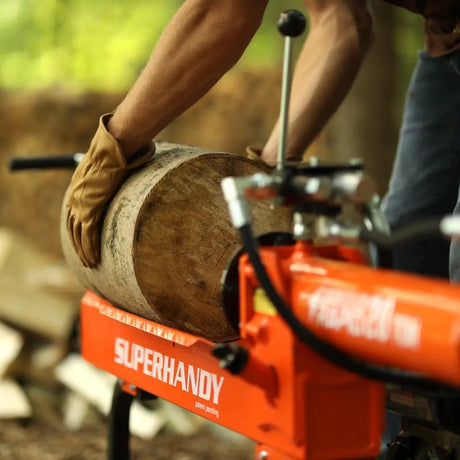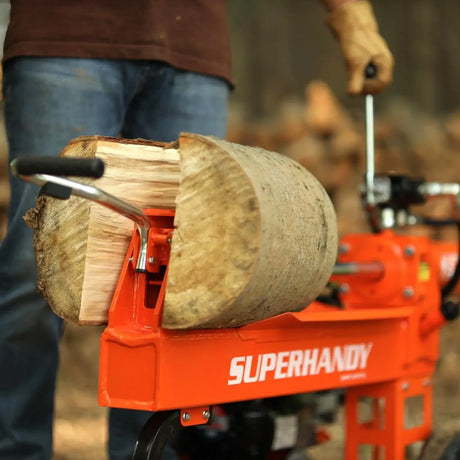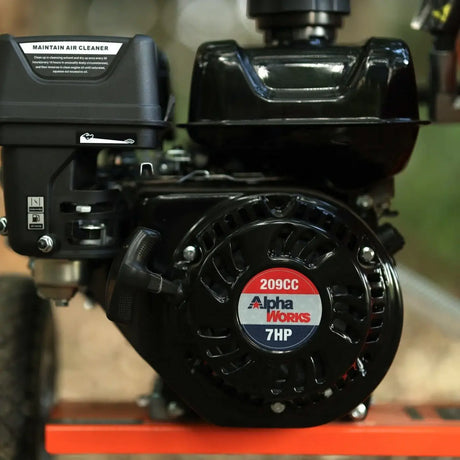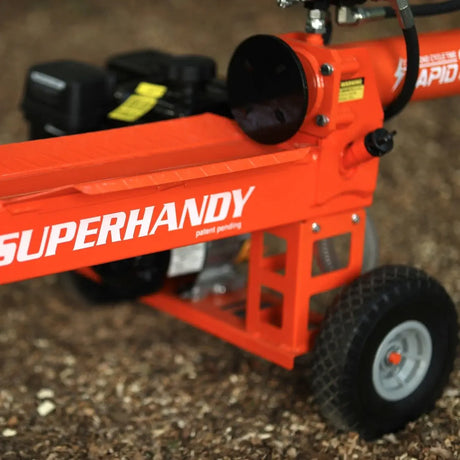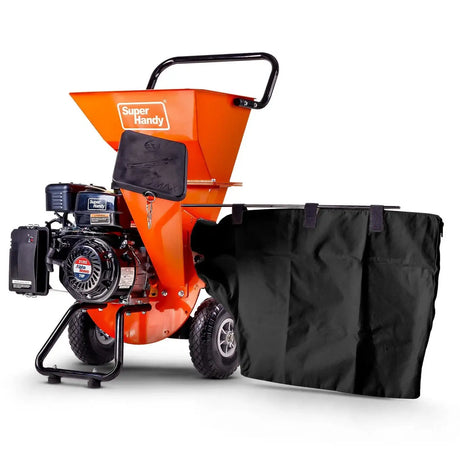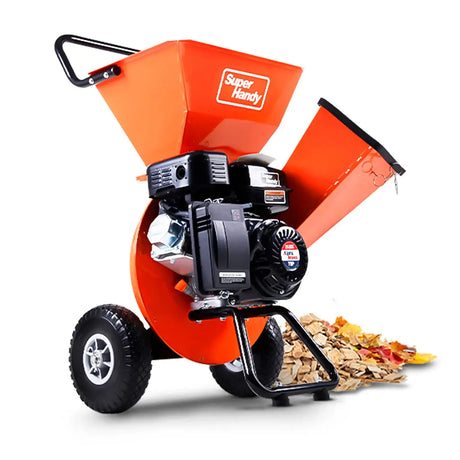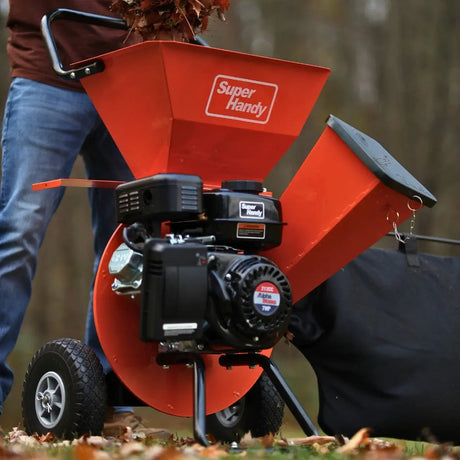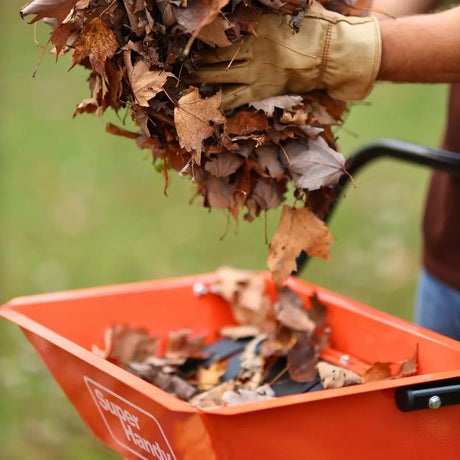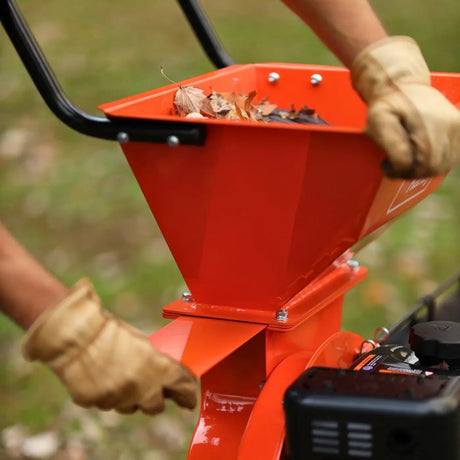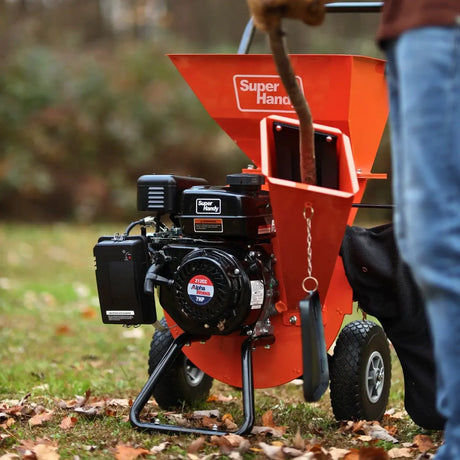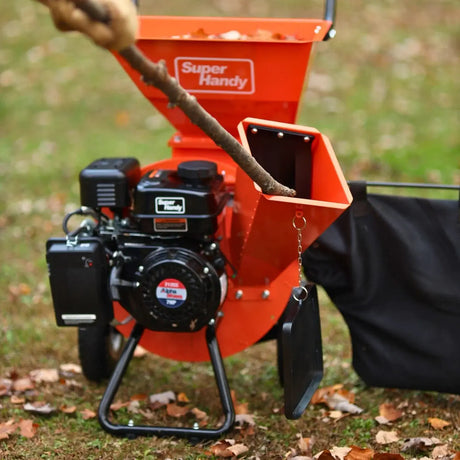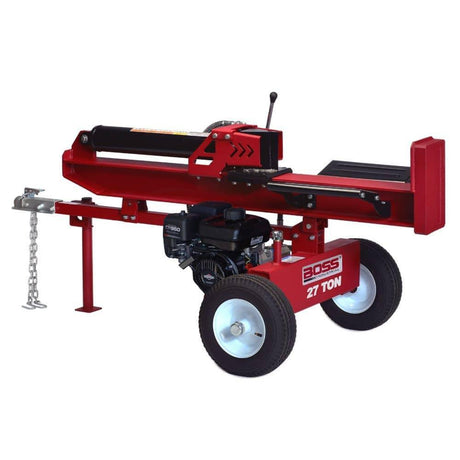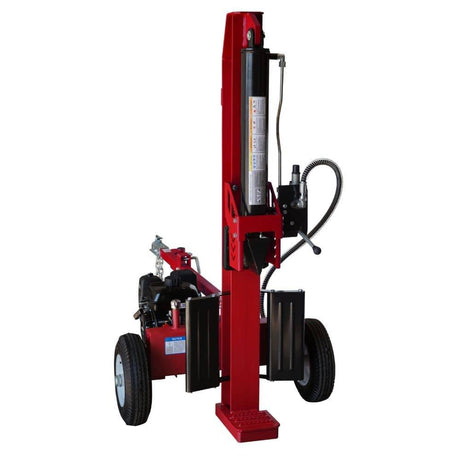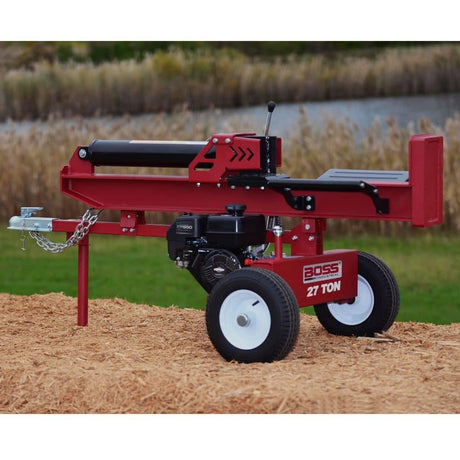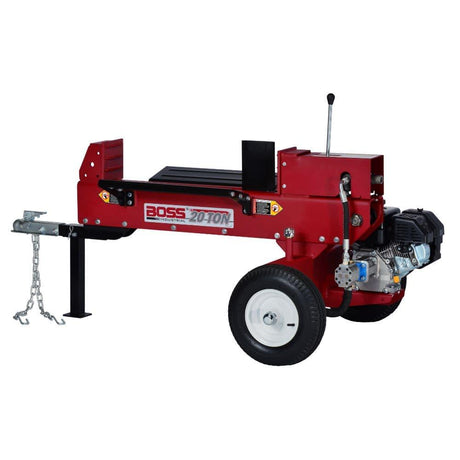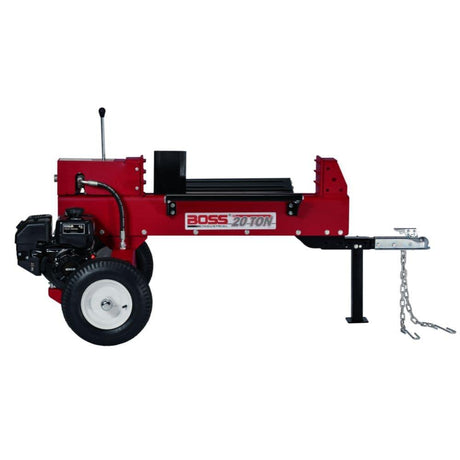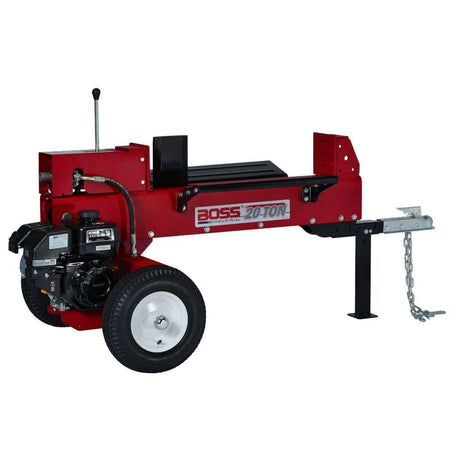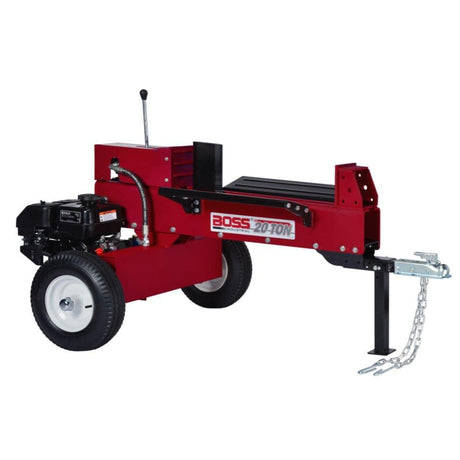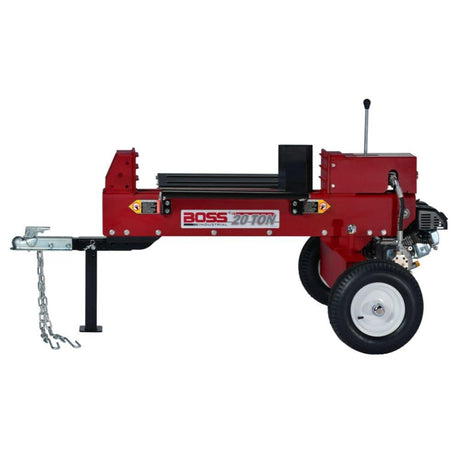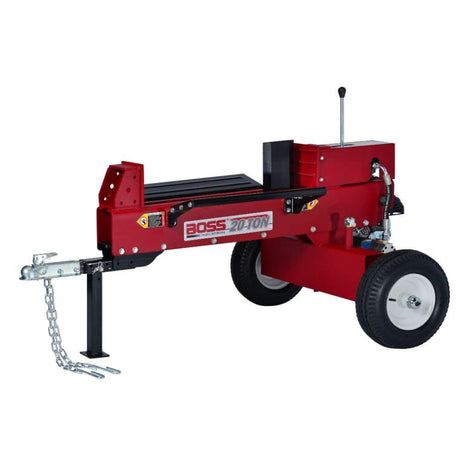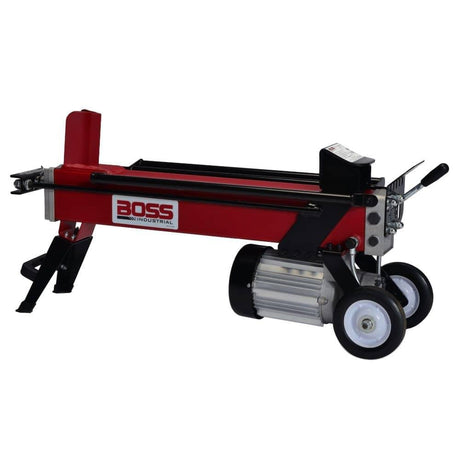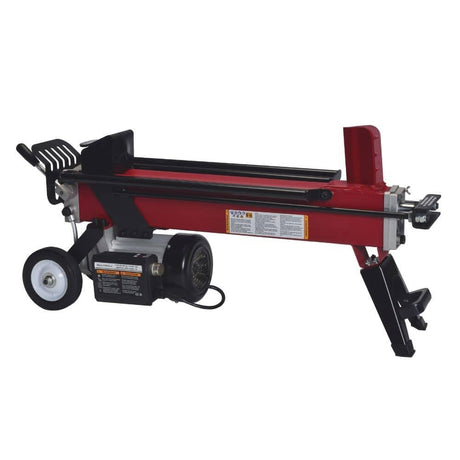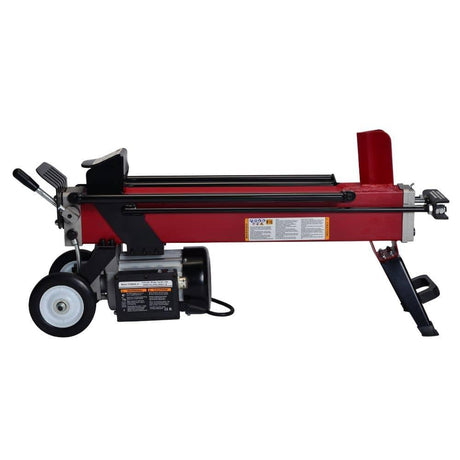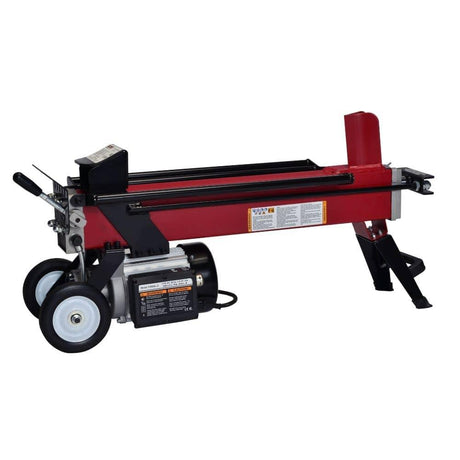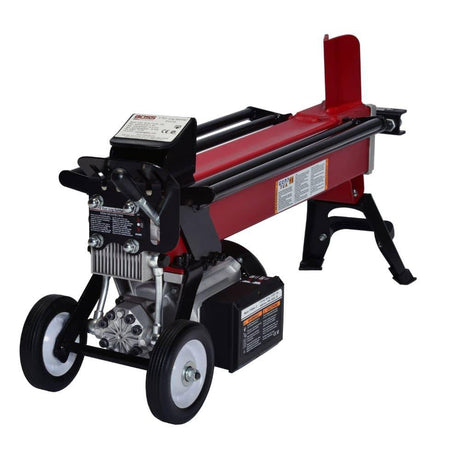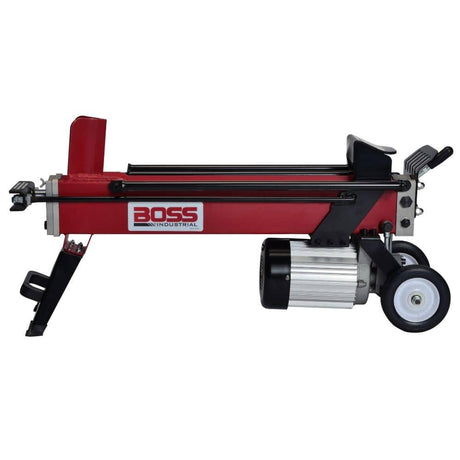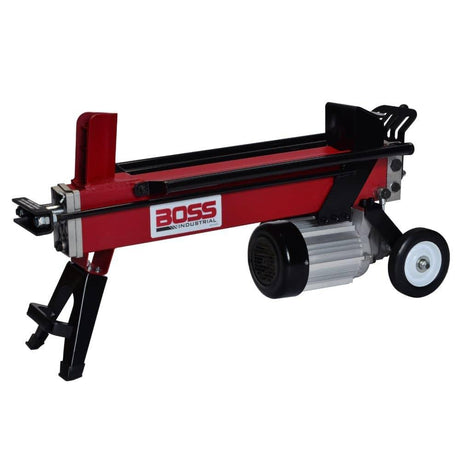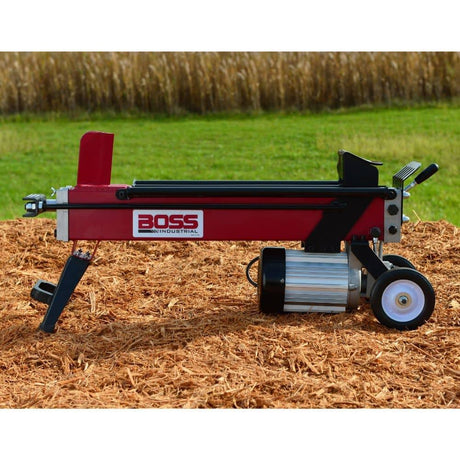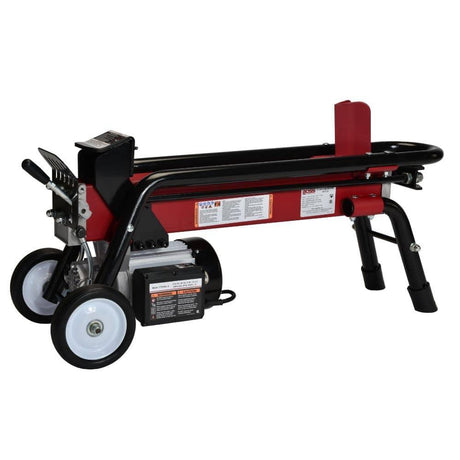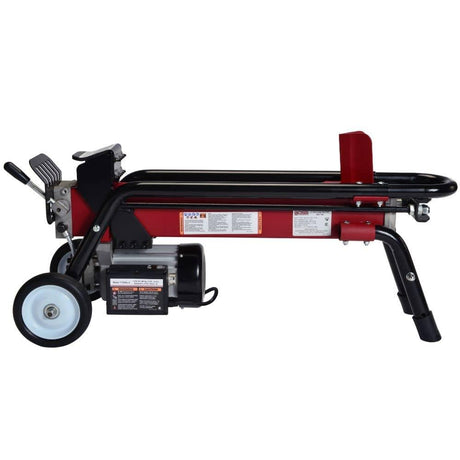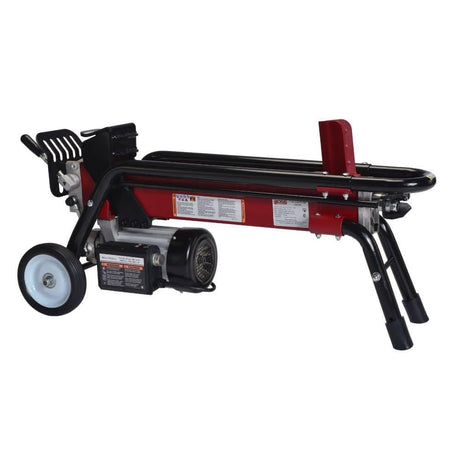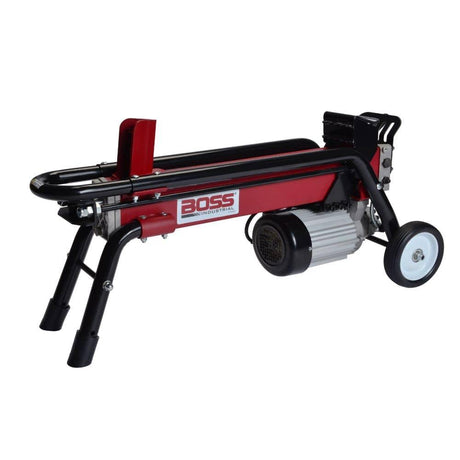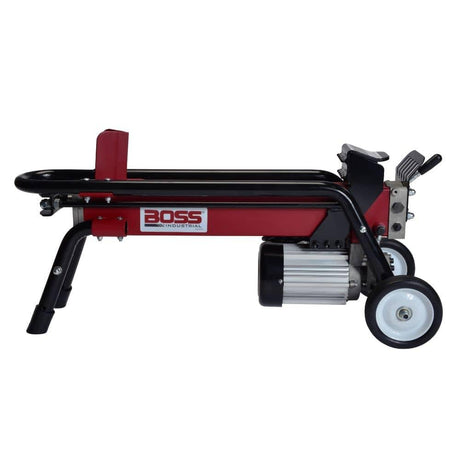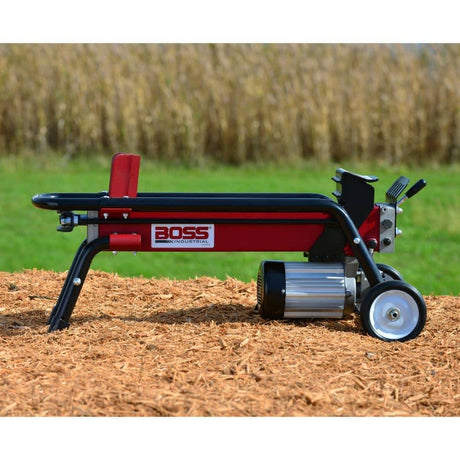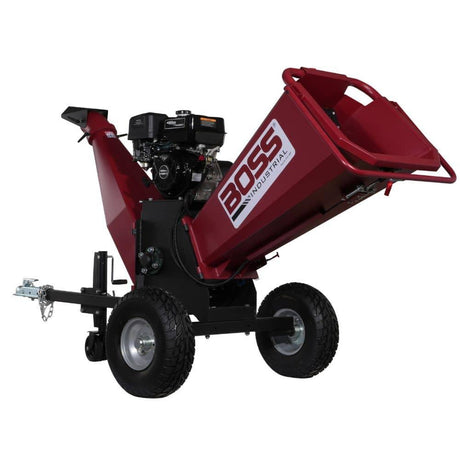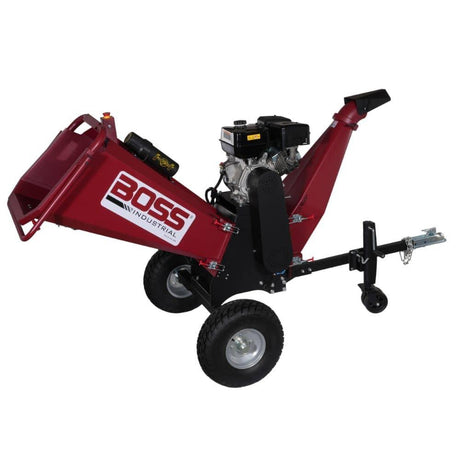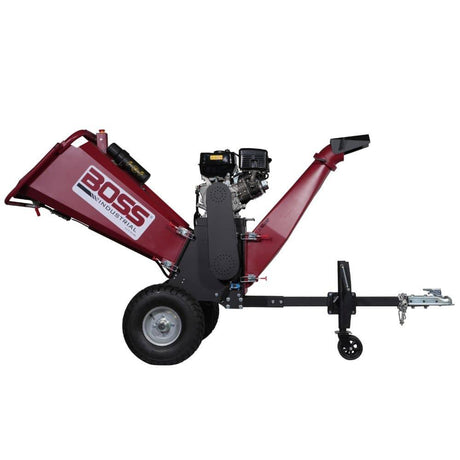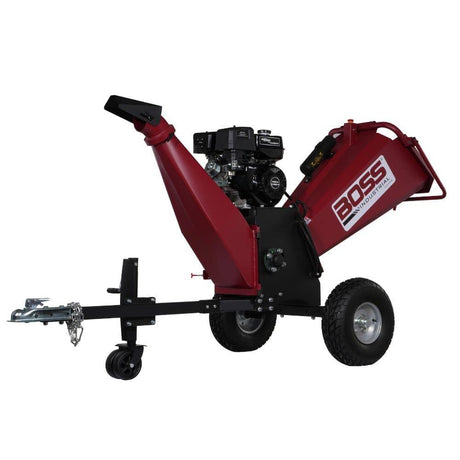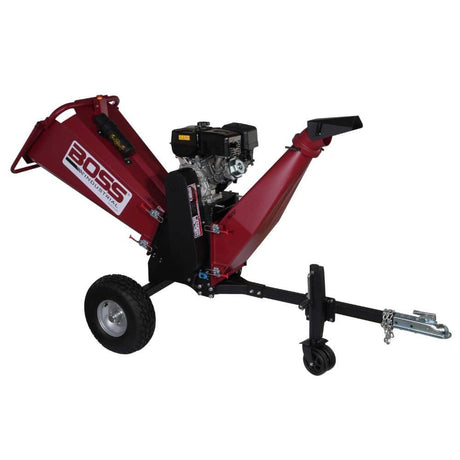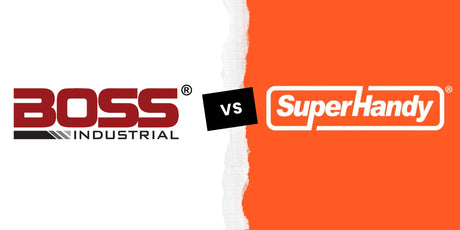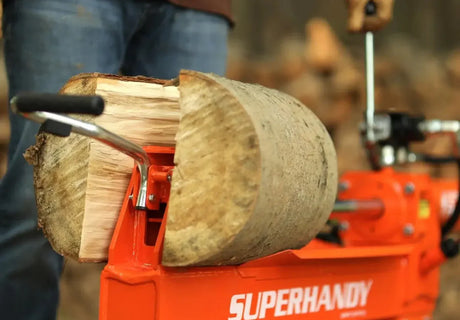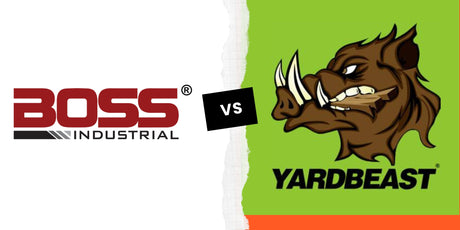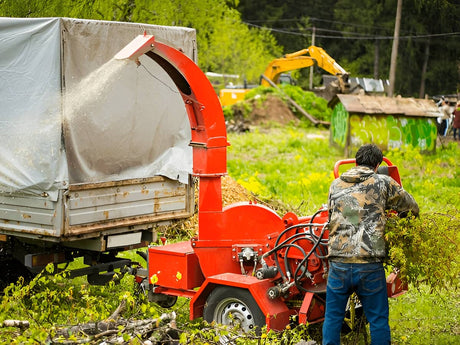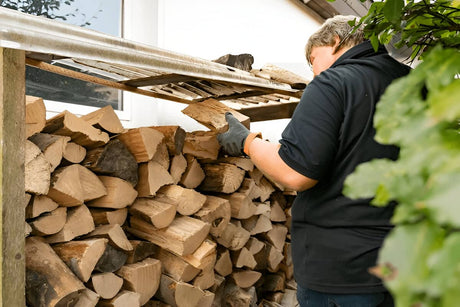Overview of Wood Chipper Costs
Need a quick refresher on how a wood chipper actually works before diving into costs? Check out our guide explaining what a wood chipper machine is and how it works.
Wood chipper prices jump all over the place depending on type, what you need it for, and if you’re buying new or used. Let’s break it down so you know exactly what to expect before spending a dime! Rental prices can also vary widely depending on the type and duration of the rental.
best options at each price point
Understanding Price Ranges for Different Types of Wood Chippers, Including Industrial Wood Chipper
Electric vs. Gas Wood Chippers
Electric Wood Chippers:
- Way more budget-friendly!
- Perfect for light yard work—those small branches, leaves, and garden trimmings.
- Super quiet, easy to take care of, and ideal for smaller yards.
- Affordable and suitable for smaller gardening tasks, making them a practical option for home use.
Example:I helped my buddy with his cozy backyard last fall—just a couple trees and some pruning. His electric chipper handled everything like a champ!
Gas Wood Chippers:
- Cost more upfront but wow, do they pack a punch!
- Built for the tough stuff like thick limbs or big yard cleanups.
- Need more TLC (fuel, oil, spark plug checks) but amazing for large properties.
- No need to worry about finding an outlet—these babies go anywhere!
- Residential gas powered wood chippers are generally more affordable than commercial ones, which are designed for heavy-duty use and come with a higher price tag.
Want to dive deeper into the pros and cons of electric vs gas wood chippers? Check out our guide to gas vs electric wood chippers.
Real-Life Note:We’ve talked to so many folks with bigger properties who swear by gas chippers. One neighbor told me his gas chipper was the best investment he ever made for his two-acre lot!
Residential vs. Commercial Wood Chippers:
- Residential models are compact, affordable (usually a few hundred bucks), and perfect for weekend warriors.
- Commercial chippers are heavy duty beasts that handle thick branches and mountains of debris—they cost thousands but are worth every penny for pros.
Commercial Wood Chippers
When it comes to tackling big jobs, commercial wood chippers are the heavyweights you want in your corner. These machines are designed to handle serious workloads, making them a top choice for professional landscapers and large property owners.

New vs. Used Wood Chippers: What to Expect
Benefits and Drawbacks
New Wood Chippers:
- Pros: Latest tech, smooth performance, updated safety features, and that sweet, sweet warranty protection.
- Cons: Bigger hit to your wallet upfront and they lose value fast.
Used Wood Chippers:
- Pros: Major savings upfront! We've seen well-maintained used machines that still have years of life in them.
- Cons: Higher chance of wear and tear, usually no warranty, and you don't know where it's been!
Your choice really depends on how often you'll use it and what your budget looks like. New chippers are great for regular use, while a good used model works fine for occasional needs.
Understanding these differences—electric vs. gas, residential vs. commercial, new vs. used—makes finding the perfect chipper for your yard and wallet so much easier!
| 🪓 Wood Chipper Type | 💰 Typical Cost Range | ✅ Pros | ⚠️ Cons |
|---|---|---|---|
| ⚡ Electric Wood Chippers | $300 – $1,000 (Residential models) | Affordable, quiet, compact, and very easy to maintain. | Limited power and capacity; needs a nearby outlet. |
| ⛽ Gas Wood Chippers | $1,000 – $5,000+ (Commercial models) | High power, versatile, and efficient for tougher, larger branches. | Higher upfront cost and requires regular fuel, oil, and maintenance. |
| 🏡 Residential Models | Typically a few hundred dollars | Cost-effective, easy to store, and ideal for smaller properties. | Not suited for heavy or continuous use; lower performance specs. |
| 🏢 Commercial Models | $1,000 – $5,000+ | Durable, reliable under demanding tasks, and built for long hours. | More expensive, bulkier, and require intensive maintenance. |
| 🌿 3–4 Inch Wood Chippers | $300 – $1,000 | Affordable, compact, and quiet with low maintenance needs. | Limited capacity for heavy-duty, larger branches. |
| 🌲 5–6 Inch Wood Chippers | $1,000 – $3,000 | Offers a good balance of power and price; handles moderate to large branches well. | More expensive than 3–4 inch models and may require extra upkeep. |
| 🪵 7+ Inch Wood Chippers | $3,000 – $10,000+ | High capacity and robust power, built for continuous, heavy use. | High upfront cost, more maintenance, and bulkier with higher storage needs. |
Curious about how price stacks up against performance? Explore our 'Best Wood Chippers of 2025' guide for detailed comparisons that help you make the right choice.
Factors Affecting Wood Chipper Costs
When you’re shopping for a wood chipper, there’s more to the price tag than just size or horsepower! Things like performance specs, capacity, security features, and brand name all play a big role.
Industrial wood chippers can be significantly more expensive due to their size and capacity.
Engine Power and Performance Specifications
The engine is the heart of your chipper—it determines how much your machine can handle and how fast it works.
-
Power Output:
Higher torque helps power through those thicker branches. I once watched a high-torque chipper eat through a 3-inch branch like it was nothing! More powerful engines cost more, but they save so much time and stress on the machine. -
Efficiency:
Efficient engines burn less fuel, run cooler, and last longer—good for your wallet and your machine! -
Performance Specifications:
Check out the max branch diameter the chipper can handle. We've tested machines that claim to chip 2-inch branches but struggle with even 1.5 inches! Machines built for larger limbs usually cost more but they're built tough. -
Chipping Capacity:
A higher-capacity chipper means fewer clogs and less downtime. I remember using a budget chipper that clogged every five minutes versus a higher-capacity model that just kept going!
Real-Life Example:
After a big storm hit our neighborhood last year, my friend's chipper with solid torque and high capacity processed all those heavy, wet branches without a single stall. Saved him hours of frustration!

Features, Safety, and Build Quality
Keeping your chipper in peak condition is just as important as choosing the right model—see our ultimate wood chipper maintenance guide for detailed upkeep tips.
Advanced Features
-
Safety Mechanisms:
Look for cool features like auto shut-off, blade guards, and emergency stop buttons. They bump up the price a bit but give you amazing peace of mind. I always tell people safety features are worth every penny! -
Ease of Use:
Adjustable feed chutes, simple controls, and easy access for maintenance make your chipper way more user-friendly.
Build Quality
-
Durability:
A well-built chipper stands up to abuse better. We've seen cheap models fall apart after one season while quality ones keep going for years! -
Ergonomics:
Comfort features like vibration dampening and balanced weight make a huge difference when you're working all day.
Safety Considerations
-
Structural Integrity:
Make sure the frame, blades, and moving parts can handle repeated use safely. No one wants parts flying off mid-job! -
User Feedback:
Reviews and word-of-mouth can tell you tons about whether a machine is reliable and safe. We always check what other users say!
Quick Checklist:
- Does the chipper have solid safety features?
- Are the controls super easy to use?
- Is it built tough enough for your workload?
Wood chipper safety tips every homeowner should know →
Brand Reputation and Warranty Considerations
Brand Reputation:A strong brand means tested, trusted performance and better customer service. You might pay a bit more, but reliability is key. We’ve helped so many people who went cheap only to regret it later! John Deere, known for its robust construction and powerful engines, is a reputable brand in the commercial wood chipper market.
Warranty Considerations:A good warranty covering parts, labor, and defects gives you that extra protection and support when things go wrong.
Perspective:I remember talking to a landscaper who told me, “I spent $500 more for the name brand with the 3-year warranty, and that machine paid for itself the first time I needed service covered!” Choosing a reputable brand with a good warranty might cost more initially, but it’s an investment in fewer headaches and longer machine life.
When you think about engine power, capacity, features, build quality, and brand reputation, you’re all set to make a confident decision on your wood chipper purchase!
Landscaping Project Considerations
When planning a landscaping project, choosing the right equipment is crucial for managing yard waste and debris efficiently. A commercial wood chipper can be a valuable asset, helping you reduce waste, create useful resources, and promote sustainable practices.
Land Clearing and Debris Removal
Land clearing and debris removal are essential steps in any landscaping project. A commercial wood chipper can help you process tree branches, leaves, and other organic materials quickly, reducing the need for manual labor and minimizing waste. By chipping wood and brush, you can create valuable resources like mulch or biofuel, making your project more sustainable.
Real-Life Example: I once helped a friend clear a large plot of land for a new garden. Using a commercial wood chipper, we turned a daunting pile of branches into a neat stack of wood chips in just a few hours. It was a huge time-saver and made the whole process much more manageable.
Mulching and Composting
Mulching and composting are key components of sustainable landscaping. A commercial wood chipper can help you create high-quality mulch from yard waste, which can be used to retain moisture, suppress weeds, and regulate soil temperature. Additionally, wood chips can be composted to create nutrient-rich soil amendments, reducing the need for chemical fertilizers and promoting healthy plant growth.
Pro Tip: A landscaper I know uses his commercial chipper to produce mulch for his clients’ gardens. He says it not only helps with waste management but also provides a valuable service that clients love. Plus, it’s a great way to promote eco-friendly practices!
By considering these factors, you can choose the right commercial wood chipper for your needs, ensuring efficient and effective management of yard waste and debris while promoting sustainable landscaping practices.

Budgeting and Financing Options
Buying a wood chipper isn’t just about the price tag on the shelf—it’s about planning ahead for a smart investment in your yard work! To save money, consider looking for seasonal sales or exploring rental options.
Upfront Costs vs. Long-Term Investment
-
Residential Models:
Budget-friendly and perfect for light yard work around the house. We've seen solid electric models starting around $300! -
Commercial Models:
Higher upfront cost but designed for heavy duty use that pays off over time. I watched a landscaping crew use the same commercial chipper for five years without major issues! -
Long-Term Value:
Spending more on a reliable chipper can save you tons on maintenance and downtime. Resale value matters too—quality machines hold their value better.
Example:
I once helped a neighbor who bought the cheapest chipper at the big box store. After three repair bills in one season, he ended up spending more than if he'd bought the better model from the start!
Financing, Leasing, and Wood Chipper Rental Alternatives
If buying outright feels too steep, check out these options:
- Financing Options:Installment plans let you spread payments over time. Many dealers offer 0% interest deals during slow seasons!
- Leasing Options:Perfect if you like using newer models without long-term commitment. I know several pros who lease their equipment and love that maintenance is often included!
- Rental Alternatives:Great for occasional use with no storage or maintenance hassles. We’ve rented chippers for weekend projects many times—so easy! Considering wood chipper rental can be a cost-effective alternative, especially if you ask the right questions about motor and throat size, capacity requirements, rental fees, and delivery/pickup costs.
- These options give you tons of flexibility whether you’re a regular user or just need the chipper for the occasional big cleanup.
Comparisons and Buyer Guidance
Choosing the right wood chipper means knowing where to shop and learning from folks who’ve been there before! An industrial wood chipper is ideal for handling larger projects, as it can manage much larger tree diameters compared to smaller models. Additionally, the importance of sharp blades in wood chippers cannot be overstated, as they are essential for effective cutting and ensuring the machine operates efficiently.
Tips for Getting the Best Deal on a Wood Chipper
-
Do Your Homework:
Compare prices online and locally. Read those reviews to avoid hidden repair costs! We always check at least three sources before buying. -
Look for Seasonal Sales:
Prices often drop during off-peak seasons or holiday weekends. I scored 30% off my chipper by shopping in January! -
Consider Bundle Offers:
Some sellers throw in accessories, safety gear, or extended warranties. A friend got free safety goggles, gloves, and ear protection with his purchase! -
Don't Be Afraid to Negotiate:
A friendly chat with the salesperson can score you discounts or extras. I've seen people get free delivery or maintenance kits just by asking nicely! -
Know Your Needs:
Choose a model that matches what you'll actually use it for to avoid overspending. No need for a commercial beast if you're just cleaning up a few small branches!
Where to Buy: Online, Local Dealers, and Rentals
Online Retailers:
Huge selection and customer reviews to browse, but you can't test before buying and might face shipping delays. We've found some amazing deals online, though!
Local Dealers:
Face-to-face service and immediate support, though selection might be limited and prices a bit higher. The relationship with a good dealer can be worth its weight in gold!
Rental Options:
Perfect for quick jobs or seasonal cleanup with no long-term maintenance or storage worries. We've rented the big commercial models for weekend projects with great results!
Pick the option that best fits your comfort level and what you need from your chipper.
Case Studies: Real-World Cost Examples
Homeowner's Seasonal Cleanup:
- Scenario: A suburban homeowner managing fall cleanup.
- Solution: A mid-range electric chipper costing around $500–$1,000 with minimal maintenance needs.
- Result: I helped my sister set up her new electric chipper last fall. She spent $700 and now has a cost-effective solution for her annual yard cleanup!
Professional Landscaping Business:
- Scenario: A landscaper handling weekly jobs.
- Solution: A heavy-duty gas-powered chipper priced between $3,000 and $5,000, with regular maintenance.
- Result: We watched our local landscaper upgrade to a $4,200 commercial unit. Although the upfront cost was higher, his crew now finishes jobs 30% faster!
DIY Enthusiast with Occasional Use:
- Scenario: An occasional user needing a chipper for seasonal projects.
- Solution: Renting at around $75 per day keeps costs low without ownership hassles.
- Result: My neighbor only needs a chipper twice a year, so he rents. He saves hundreds compared to buying and never worries about maintenance!
These examples show that the right choice really depends on your specific situation—whether you're a homeowner, weekend warrior, or full-time pro.
Ready to get the most out of your wood chipper? Discover expert tips on choosing, using, and maintaining your machine in our Ultimate Wood Chipper Guide.

